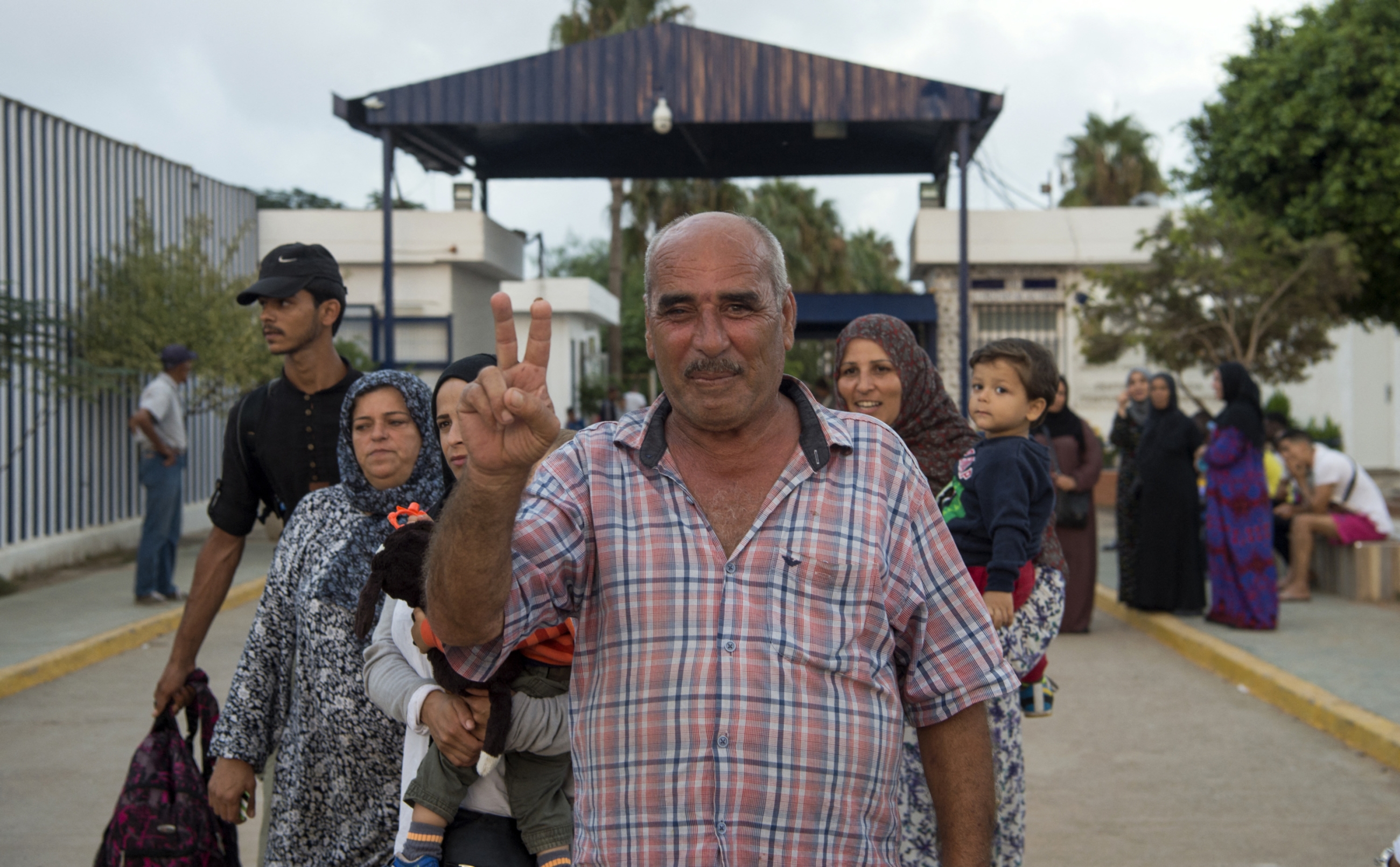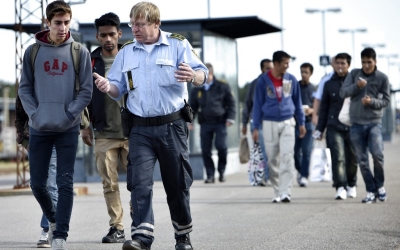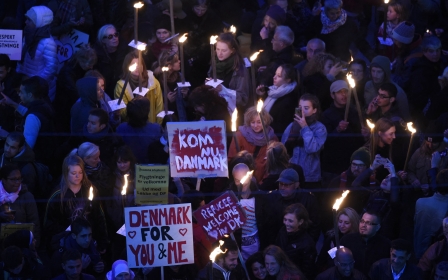Denmark passes bill to relocate refugees outside of Europe

The Danish parliament passed a controversial bill on Thursday that paves the way for the transfer of asylum seekers and refugees to a third “host” country outside Europe, effectively exporting Denmark’s asylum procedure and enraging human rights advocates.
The new law is the latest in a series of moves by the wealthy Scandinavian nation, which has made headlines in recent years for its hardline anti-immigration policies, inacted in a bid to deter refugees from applying for asylum.
Applications have dropped sharply in the last few years. In 2020, just over 1,500 people sought asylum in Denmark - compared with a peak of 21,000 during the 2015 crisis, when over a million people tried to get to the EU from the Middle East and Africa.
Under the new legislation, asylum seekers would have to first submit their application in person at the Danish border. From there, they are to be flown to a centre outside Europe, where they would then wait for their application to be processed.
If the individual is granted refugee status, they would be allowed to reside in the host country and not Denmark.
Although no country has yet agreed to collaborate with Denmark on this new policy, the Danish government has said that it is in discussions with several countries. Danish media have reported that Egypt, Eritrea and Ethiopia are being considered.
The bill passed easily on Thursday with 70 votes in favour and 24 against, supported by a majority that included far-right parties.
'Voted in the blind'
Denmark maintains one of Europe’s harshest stances on immigration.
In April, the Danish government made headlines after it stripped temporary residency permits from at least 189 Syrians, having decided that it was safe for them to go home to Syria.
Five years ago, Denmark also adopted legislation that allowed authorities to seize valuables, cash and assets from refugees trying to enter the country.
The UN refugee agency, UNHCR, has said that the new law contradicts “the principles of international refugee cooperation”.
UNHCR's representative in the Nordic and Baltic countries, Henrik Nordentoft, told news agency Ritzau that, “Denmark risks starting a domino effect, where other countries in Europe and in neighbouring regions will also explore the possibility of limiting the protection of refugees on their soil.”
The Danish Refugee Council (DRC) meanwhile released a statement on Thursday condemning the bill, and calling the government’s idea to “externalise the responsibility” of processing asylum seekers’ claims “irresponsible and lacking in solidarity”.
“If a rich country such as Denmark is not willing to take responsibility, there is a significant risk that countries hosting far larger number of refugees will also opt out and give up on global efforts to find joint and sustainable solutions,” read the statement from Charlotte Slente, the DRC’s secretary general.
With details of the policy presently unknown, the organisation said that the Danish parliament had effectively “voted in the blind”.
The DRC pointed to similar immigration models such as in Australia or the so-called "hotspots" on the Greek islands that have involved serious incidents of detention, physical assault, slow asylum proceedings, lack of access to healthcare and lack of access to legal assistance.
Middle East Eye delivers independent and unrivalled coverage and analysis of the Middle East, North Africa and beyond. To learn more about republishing this content and the associated fees, please fill out this form. More about MEE can be found here.





